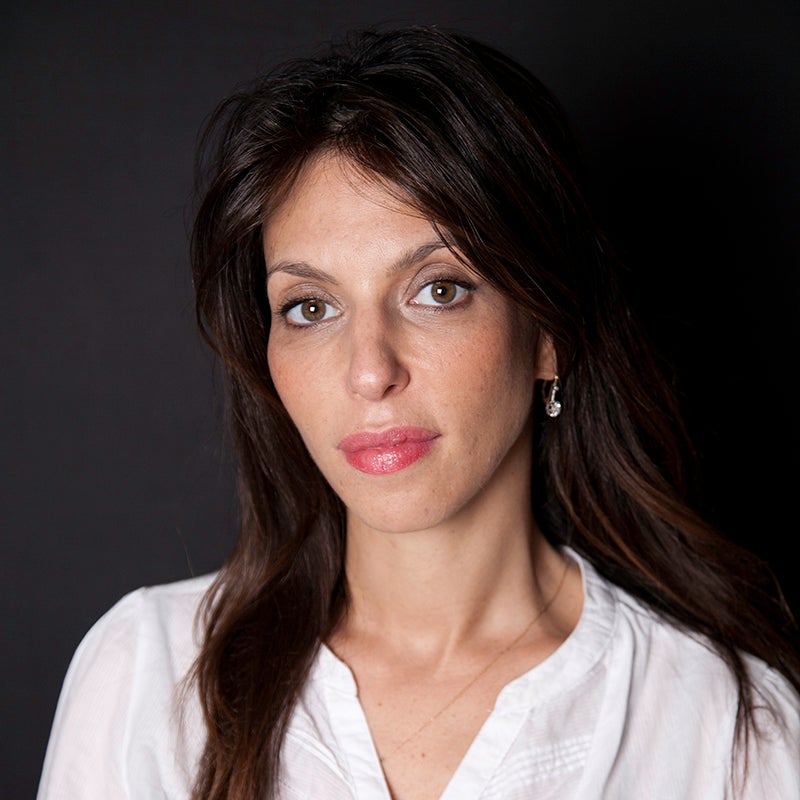February 10, 2016
766 young girls made complaints to Cologne police after New Year’s Eve, 600 of them relating to sexual offences. As the days passed more details came out about the horrors that hundreds of women experienced that night.
This wave of violence and rape against women should have triggered consternation in Europe, mobilized demonstrations on the streets.
It didn’t.
In Germany, the media, the police, and the authorities were careful not to create a public controversy.
Outside Germany things were even worse.
In France, feminists such as Caroline de Haas and Clémentine Autain chose not to defend the rape victims, but instead to speak against the risks of “Islamophobia” and warned not to allow the extreme right to hijack the situation.
Already in the habit of using rhetoric to appease Islamist fundamentalists, they even went so far as to contextualize the attacks by referencing women raped during the Second World War.
It seemed impossible for them to express solidarity with these women because almost all the attackers were, according to Cologne police, asylum seekers, illegal immigrants, and Germans of North African origin.
And what should we think of Sweden, where the DagensNyheter newspaper revealed that all complaints of sexual misconduct by asylum seekers have been kept secret so as not to play into the hands of the extreme-right Sweden Democrats party, which reportedly lies in ambush there?
In France too, some disturbing realities have long been concealed. It took more than a decade for the political class and the media to acknowledge—or rather admit to themselves—that a part of France was becoming ever more radical, misogynistic, and antisemitic. This truth was unspeakable because the enemy’s face was not that of the extreme right.
Yet this was not for lack of warning. Many were the Cassandras who pointed out that attacks on women and minorities are always portents of even greater danger to come.
Today, it is high time to face these realities and put an end to this childish and patronizing rhetoric. That someone is suffering or may potentially suffer from discrimination does not mean that he himself cannot be a racist, misogynist, fundamentalist, or homophobe. To assume otherwise is not only unacceptable but also counterproductive. It grants credence to the charge of the extreme right, which claims that government is not adequately protecting innocent citizens, and holds hostage those thousands of French and other Europeans of Muslim faith or heritage who despise and condemn these attacks.
Through this attitude of denial and moral relativism, progressive voices are rejecting democratic values, encouraging the rise of a populism that plays on fear and finds simplistic answers to complex problems, They are thus digging their own graves, since the democratic space will shrink ever further, abandoning the field to the confrontation between a xenophobic extreme right and Islamic fundamentalism.
Is it so difficult to say that we are proud of our liberal, democratic values? Is it so complicated to state that Europe is committed to respect for human rights, protection of minorities, human dignity, and gender equality? And that this requires absolute, unyielding determination to defeat those who wish to overthrow our society?
It is time to say clearly who we are and what we stand for. In the face of sexist attacks, indeed, of all forms of discrimination and intimidation, let us be intolerant in the confrontation with intolerance.
Simone Rodan-Benzaquen is director of the American Jewish Committee’s Paris-based Europe Office.



